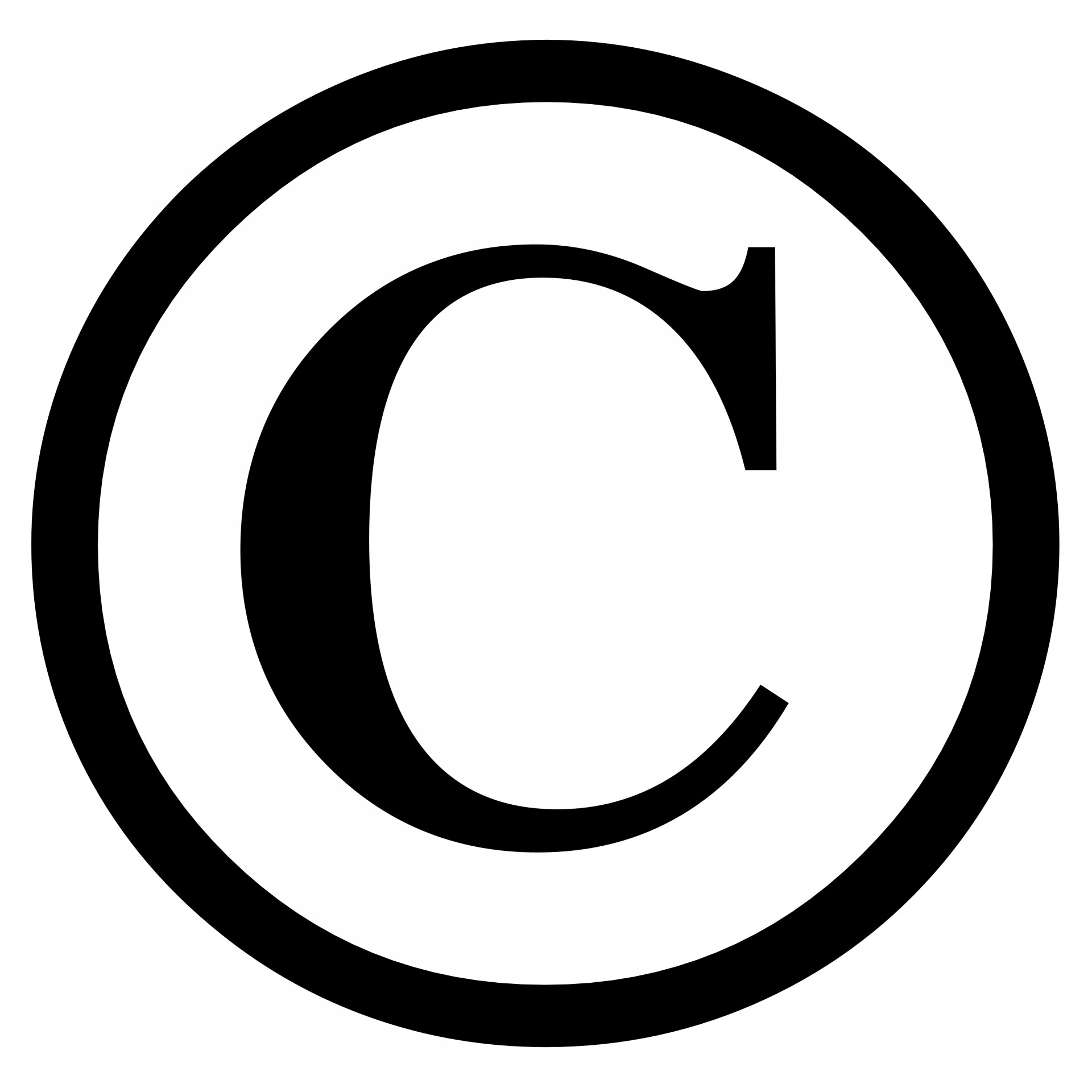
Copyright law, as defined in Title 17 of the United States Code, protects "original works of authorship fixed in a tangible medium of expression" for a limited period. Copyright applies both to traditional media (books, records, etc.) and to digital media (electronic journals, web sites, etc.).
Copyright protects the following categories of works:
Ownership of a copyrighted work includes the right to control the use of that work. Use of such work by others during the term of the copyright requires either permission from the author or reliance on the doctrine of fair use. Failure to do one or the other will expose the user to a claim of copyright infringement for which the law provides remedies including payment of money damages to the copyright owner.
The purpose of this guide is to provide faculty, staff, and students at UCNJ with resources on copyright law, fair use, and plagiarism.
The guide does not supply legal advice nor is it intended to replace the advice of legal counsel.
The U.S. Copyright law can be found in Title 17 of the U.S. Code.
